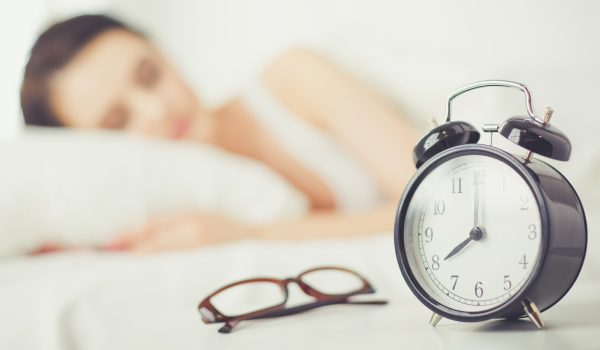
Sleep deprivation affects us psychologically and physically. Good sleep is a significant contributor to good health as sleep hormones regulate mood, energy, memory, and focus. Sleep-deprived employees may perform as poorly as inebriated people on a driving simulator or hand-eye coordination exercise. Chronic sleep loss can induce high blood pressure and diabetes, according to current studies. So, getting good sleep and finding sleep solutions can make a big difference in our overall health.
Finding Sleep Solutions
#1 Can’t fall or stay asleep
Short-term sleeplessness is common. Insomnia encompasses the lack of falling asleep, staying asleep, and/or waking up too early without good rest. Insomnia is more frequent in women, depressed persons, and elderly people.
Causes of temporary insomnia:
- Noise that disrupts sleep
- A job loss, a family death, or devastating international events might be stressful and cause insomnia.
- Cold, allergy, heart illness, high blood pressure, and pain drugs might keep you awake as well.
- Drinking alcohol and eating too close to bedtime can impair sleep.
Short-term insomnia normally lasts a few days and isn’t serious. Your body clock will reset after jet lag or seasonal time changes. Chronic insomnia, on the other hand, lasts for weeks or longer. This long-term illness needs help. Experts propose treating persistent sleeplessness like a headache. If it persists and you can’t locate a cause, consult a doctor.
#2: Daytime drowsiness
Daytime fatigue can be common. Sleepiness that disrupts your routine, however, isn’t natural. You shouldn’t doze off when reading the paper, in meetings, or at a red light. Slow thinking, problems focusing, heavy eyelids, and irritability are some symptoms.
If you’re always drowsy, you may need more sleep. Most individuals need at least eight hours of sleep every night, however, this varies. You should sleep enough to feel relaxed, rejuvenated, and alert the next day. If you’ve slept well, you shouldn’t feel sleepy. The American Academy of Sleep Medicine suggests resting before 3 p.m. and for no more than an hour to avoid disrupting nighttime sleep. If you’re sleeping enough but still feel tired, or if altering your sleeping patterns hasn’t helped, see your doctor. Sleep problems can cause daytime tiredness. People with narcolepsy are sleepy after a full night’s sleep.
#3 Snoring
Snoring is loud sleep breathing caused by loosened throat structures vibrating. Snoring is usually harmless, however, it might disrupt others’ sleep. Lifestyle modifications like:
- Dieting
- Reduce alcohol and smoking
- Changing positions. This includes keeping snorers off their backs and on their sides to expand the airway.
- Over-the-counter nasal strips expand the nose to ease breathing. These strips are only for treating snoring. The labels list symptoms requiring medical attention.
Identifying the snoring’s source is tricky. It might be caused by allergies or anatomical problems such as nasal polyps or swollen adenoids. Sleep apnea can cause loud, frequent snoring and significant daytime tiredness. Men are more likely to have sleep apnea than women.
Sleep apnea causes suction that compresses the windpipe and limits airflow. Blood oxygen levels drop, waking the sufferer, who snorts or gasps for air before snoring again. This cycle repeats nightly. It causes frequent awakenings that impede deep sleep, leaving patients drowsy during the day.

